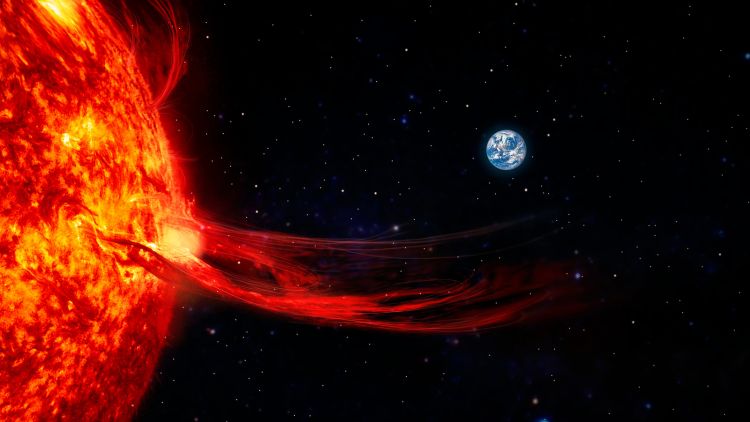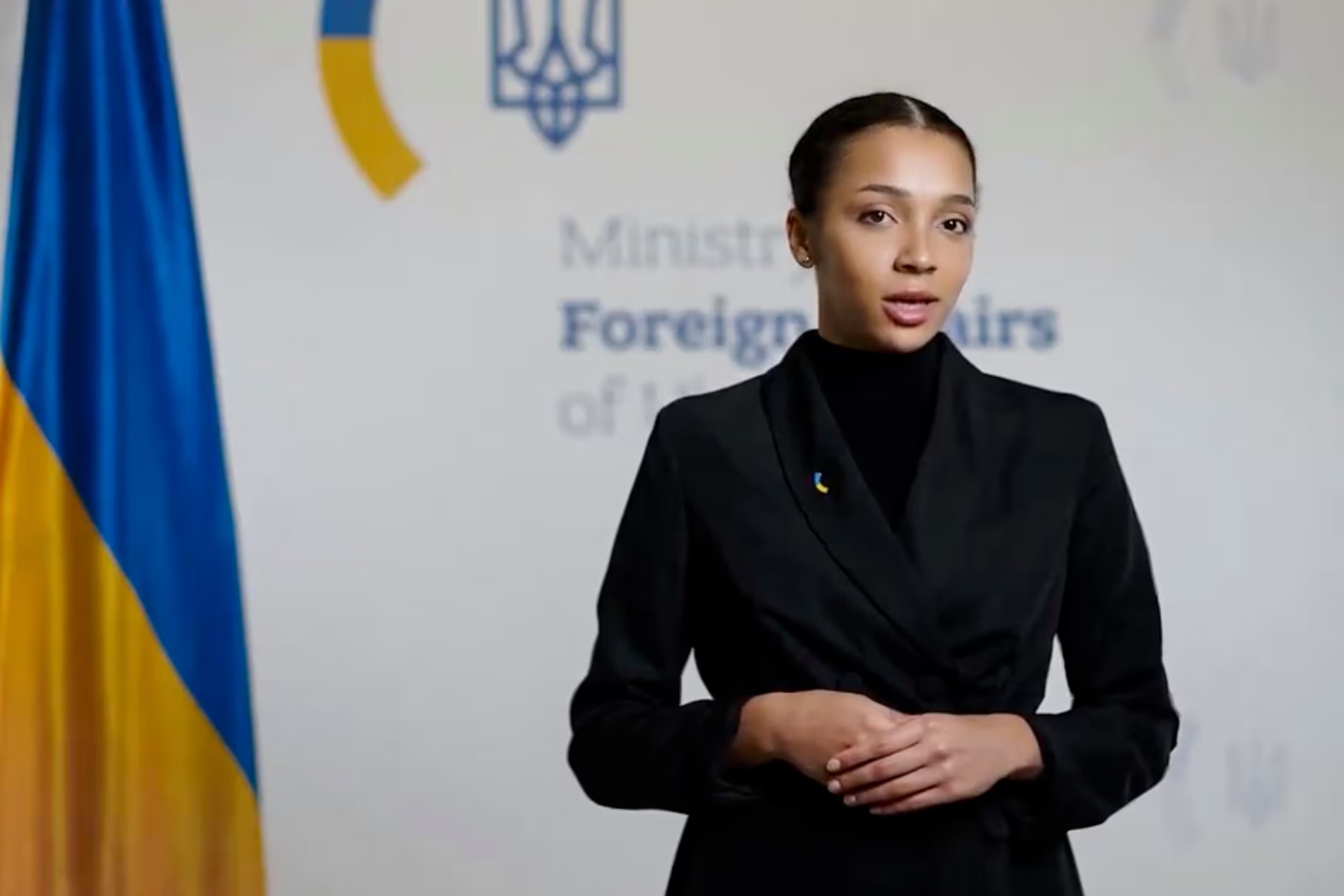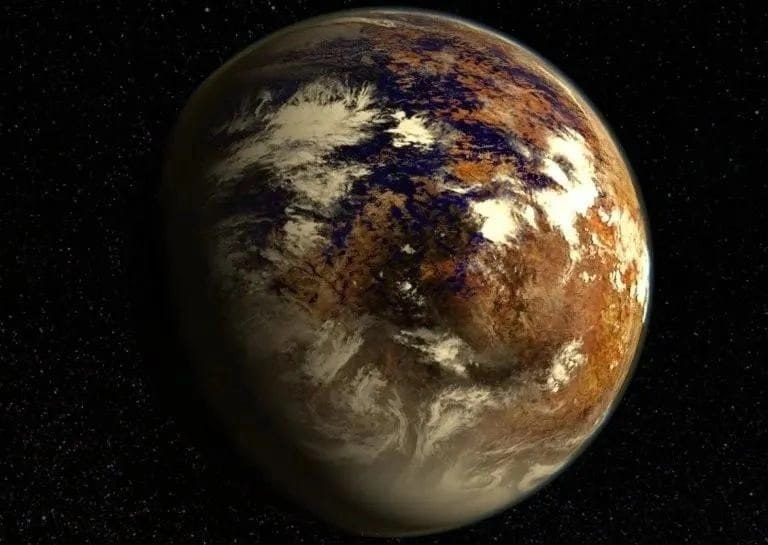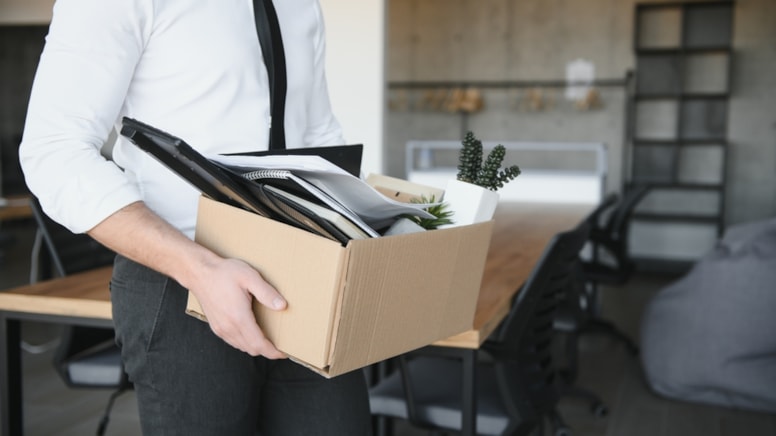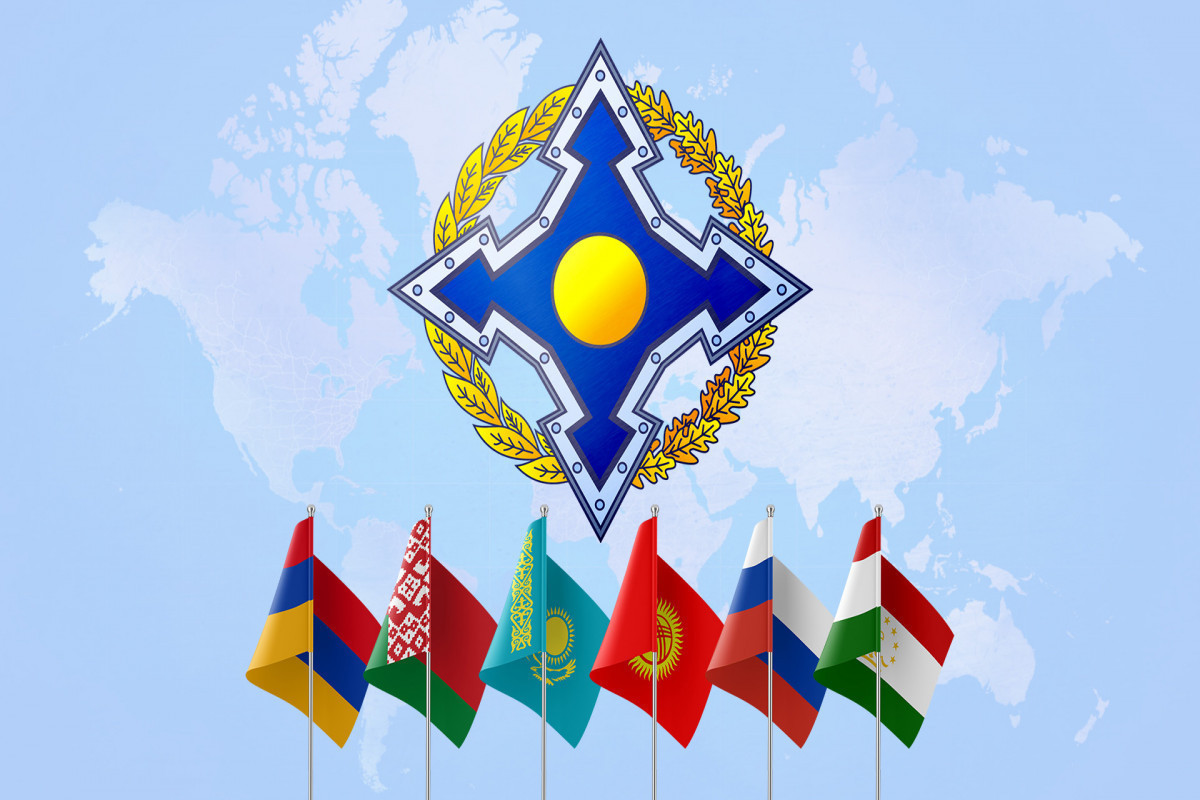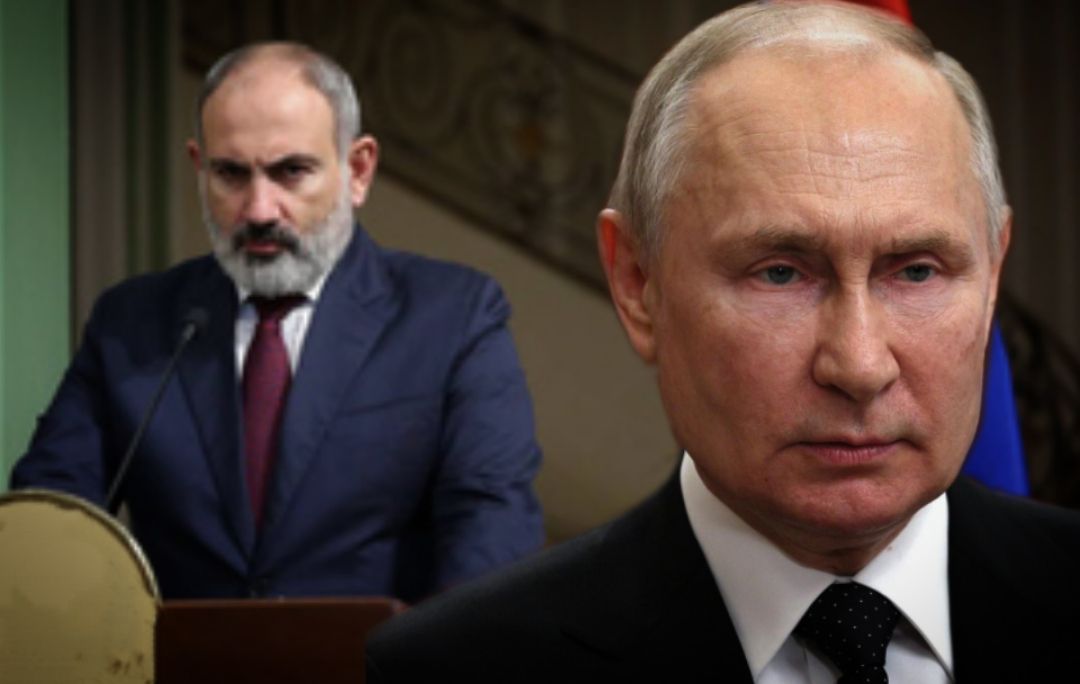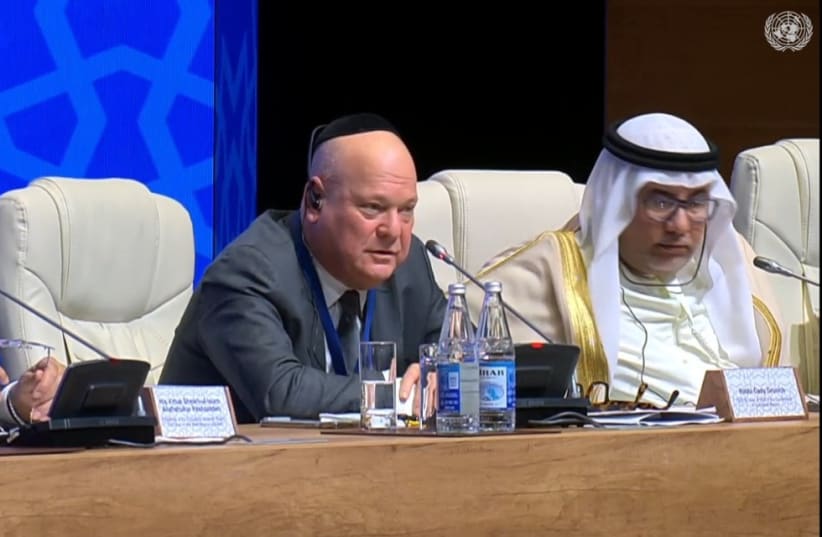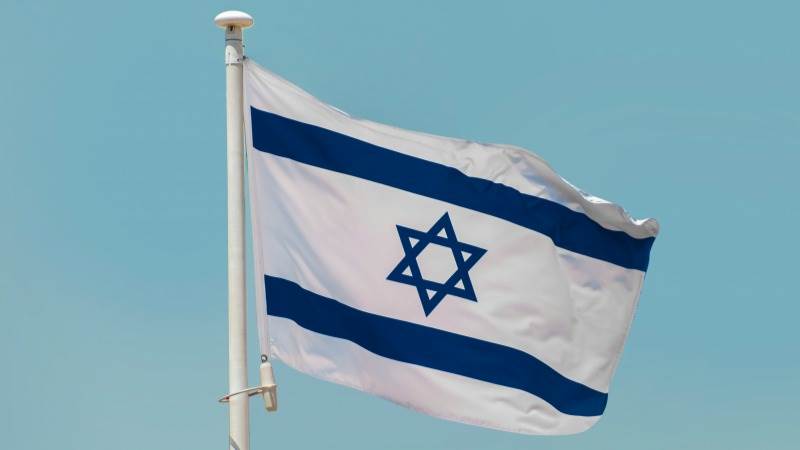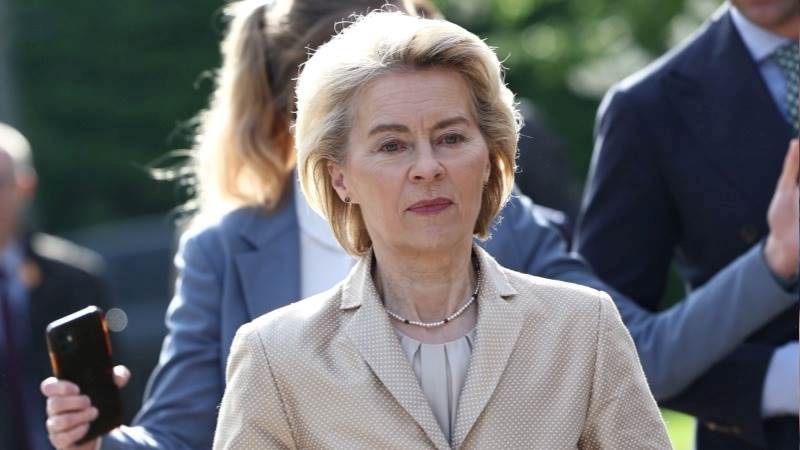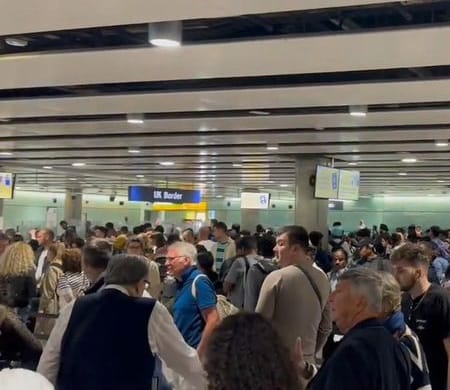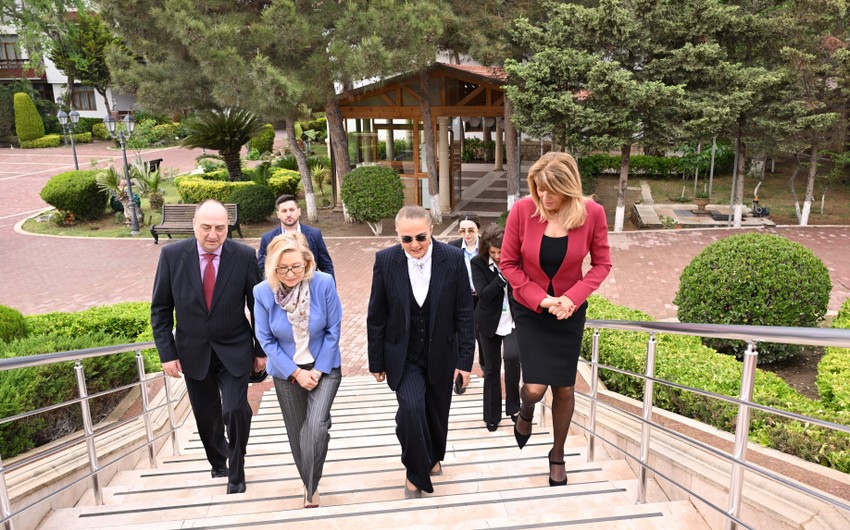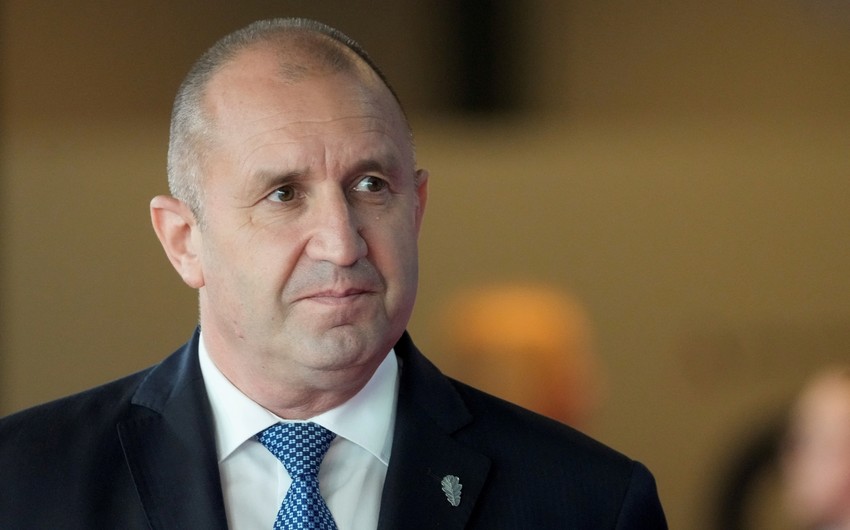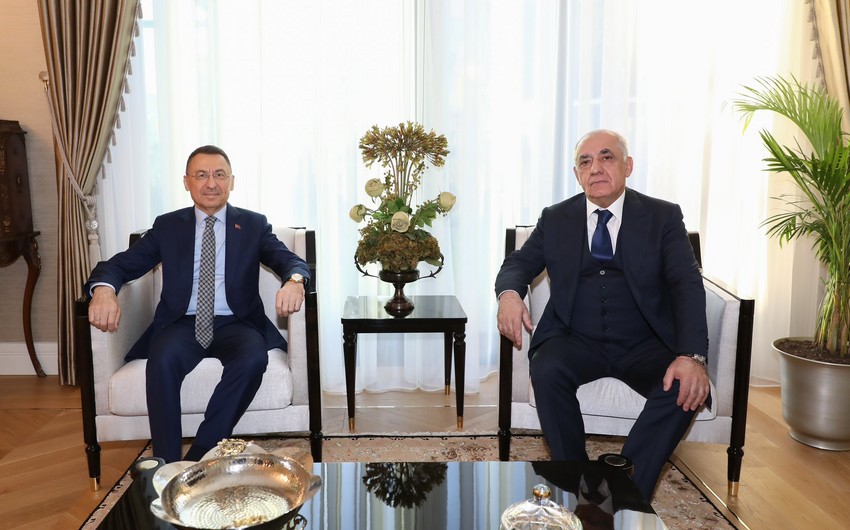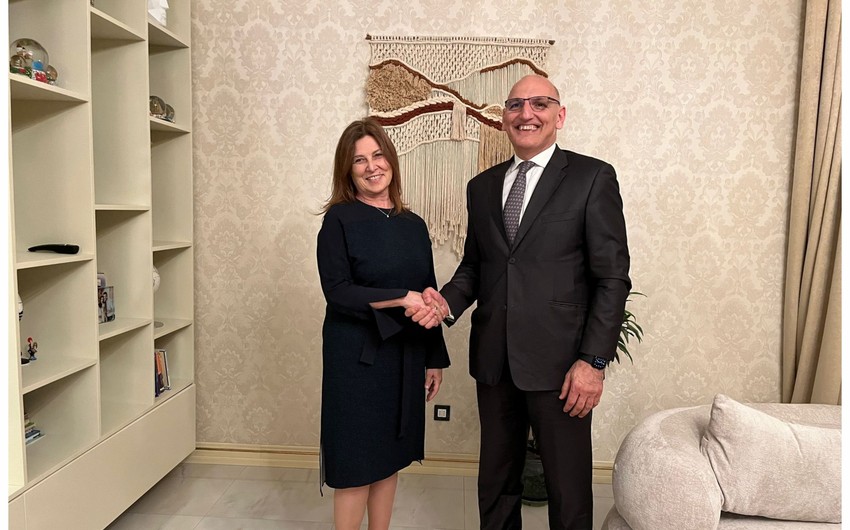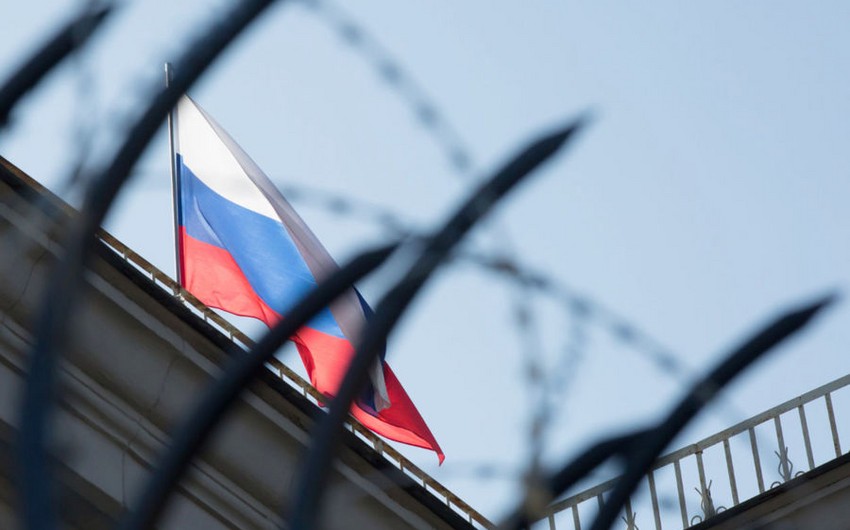This article was originally published on Supercluster, a website dedicated to telling humanity's greatest outer space stories.
NASA is preparing to return astronauts to the lunar surface. And this time with more ambitious goals.
Those missions, which had a successful kickoff with Artemis-1, will establish the groundwork for months-long human habitation on the Lunar surface. Proposed base camps will present unique opportunities to test technology, unravel scientific secrets about the Moon's past and present, search for the presence of water, and more.
But before our sci-fi Moonbase becomes a reality, astronauts must perform a variety of tasks on the lunar surface, including site exploration, construction, and resource extraction. For all of these tasks and the operations in between, space radiation poses a threat to the space farers performing them.
Between 1968 and 1972, the Apollo missions carried a dozen astronauts to the Moon and back. But all of these missions were brief — the longest lasted only about 12 days. We’ve been there before, but the effects of space radiation are still little-known, and understanding their effects on the human body is vital for months-long missions.
A Fusillade of Powerful Particles
Earth's magnetic field and atmosphere shield it from dangerous radiation and safeguard life on the planet. The outer worlds that humanity has targeted are incredibly hostile by comparison. Even an hour without adequate protection could be lethal, as charged particles pass constantly through human skin. This paints a bleak picture for future exploration.
Even our Moon is a hazardous, desolate place — devoid of atmosphere, and lacking protection from a constant rain of radiation emitted by our Sun. Apart from the Sun, astronauts are also subjected to other sources of radiation on the Moon.
First to consider are the galactic cosmic rays (GCR) released by exploding stars out in deep space. And then there are particles created in the lunar soil, as a result of the interactions between solar energetic particles from the Sun and galactic cosmic rays. Solar particles are less energetic than galactic cosmic rays, “but when there is a solar particle event, then their flux can be much higher than that of galactic cosmic rays,” said Robert F. Wimmer-Schweingrube from the University of Kiel in Germany.
In the annals of human spaceflight, August 1972 is unforgettable. A series of intense solar flares exploded intermittently for more than a week. A solar flare is an outburst of charged particles from the Sun’s turbulent surface. There are five classes: A, B, C, M, and X, ranging in size from the smallest to the most dangerous. The intense solar storm of 1972, which was an X-class flare, originated from a sunspot named MR 11976.
The crew of Apollo 16 had landed on Earth in April, and the final Apollo 17 trip was scheduled for December. A potential disaster was narrowly avoided. Astronauts stepping onto the lunar surface would have died from radiation, and the storm's fury was felt on Earth as well — it disrupted the energy and communication grids in several parts of North America.
Dangerous Passage
Space radiation poses a concern not just on the surface, but on the round-trip journey. Around Earth, there are hazardous radiation rings, the Van Allen Belts, consisting of highly charged particles captured by the planet’s magnetic fields. The more time spent passing through these belts, the greater the risk of radiation poisoning.
There are two radiation rings. The first one starts at a height of 600 km and extends to 6,000 km. The second deadly ring stretches from between 10,000 and 65,000 kilometers above Earth. The intensity of the latter only gets worse as solar storms rage. Thankfully the Space Station remains untouched and shielded in low-Earth Orbit at 230 miles, but though our lunar spacecraft are designed to shield their crew, the flood of lethal particles can still seep inside.
So how did earlier Apollo missions manage to navigate this challenging area? Speed. The past Apollo missions followed a tight trajectory to avoid the most radioactive part of the belts and traversed at a high speed. Scientists determined the optimal speed for crew-carrying spacecraft to be roughly 25,000 km/h with a total transit period of 68.1 minutes.

